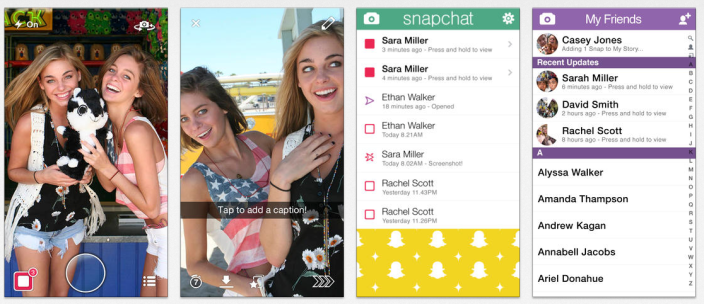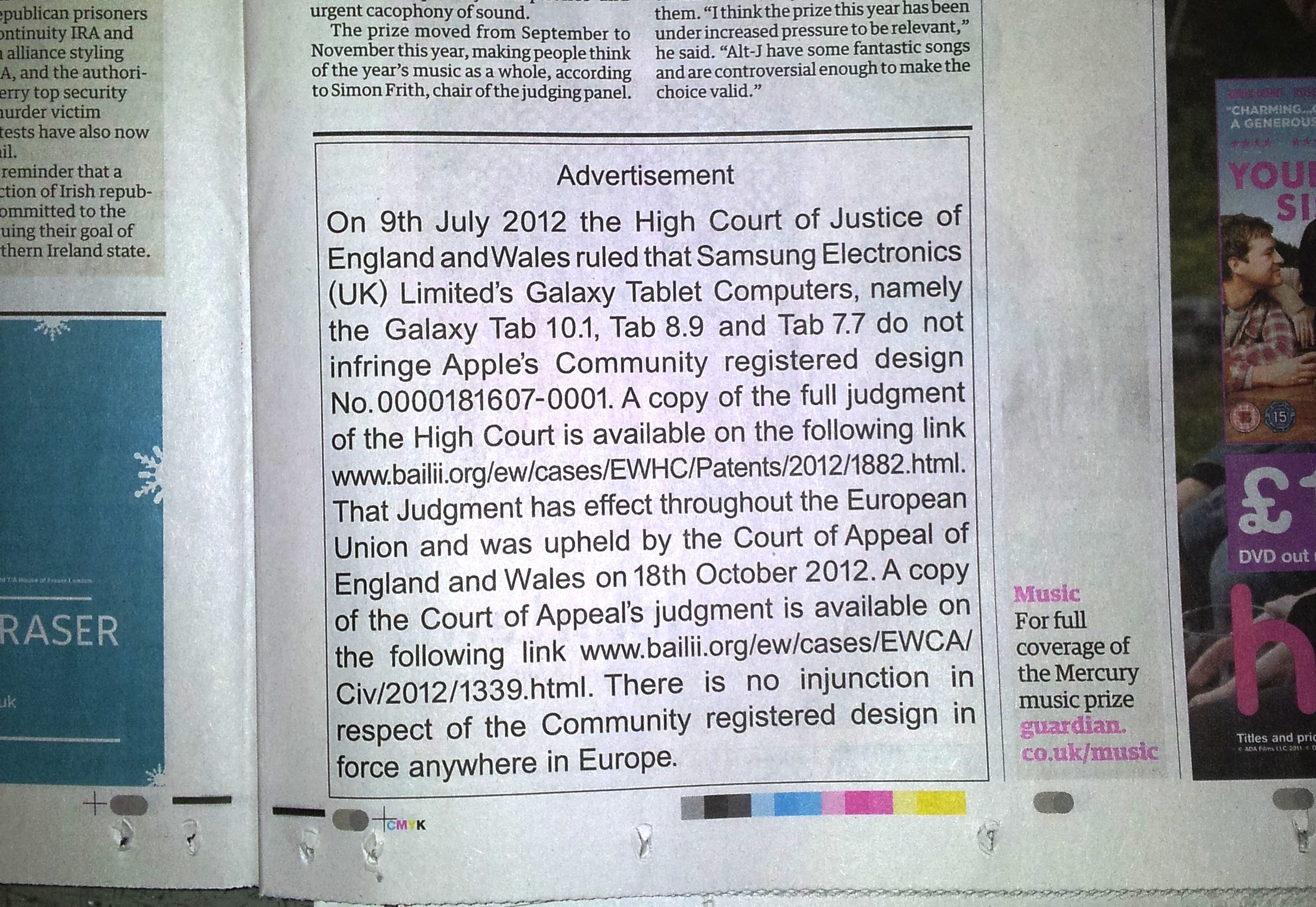
Spotify apologizes for its new controversial privacy policy
Spotify’s CEO Daniel Ek published a blog post today apologizing and attempting to clarify its recently updated privacy policy that proved to be controversial among some users and press. In the post, Ek explains that updated terms granting Spotify access to more of users’ personal information is only to further customize the Spotify experience and that giving up that data will be entirely an opt-in experience for users:
In our new privacy policy, we indicated that we may ask your permission to access new types of information, including photos, mobile device location, voice controls, and your contacts. Let me be crystal clear here: If you don’t want to share this kind of information, you don’t have to. We will ask for your express permission before accessing any of this data – and we will only use it for specific purposes that will allow you to customize your Spotify experience.
The post goes on to clarify exactly why Spotify is requesting each new type of data and for what it will be used. While most of the data is being used to personalize the listening experience for users, the caveat is that it does reserve the right to share data with advertisers, rights holders, and mobile networks:
Sharing: The Privacy Policy also mentions advertisers, rights holders and mobile networks. This is not new. With regard to mobile networks, some Spotify subscribers sign up through their mobile provider, which means some information is shared with them by necessity. We also share some data with our partners who help us with marketing and advertising efforts, but this information is de-identified – your personal information is not shared with them.
But how does that compare to other music services? Wired put together a good breakdown of exactly what user data competing music services reserve the right to access via their privacy policies. The majority of the services all request similar data, although a few differ on accessing contacts and media files and sharing with third-parties, while others don’t have much disclosure regarding location tracking.






